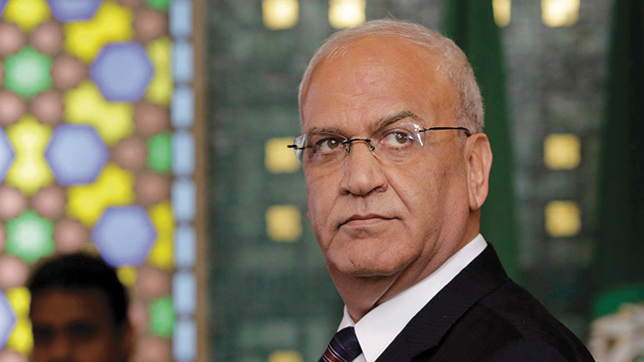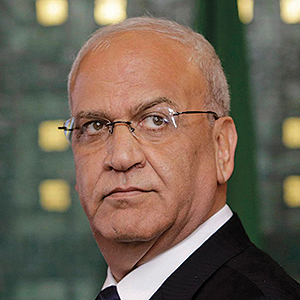
National commemorations form part of every society’s fabric and identity. Some are celebrations – of peace, of independence, of milestones in human development. Others are solemn markings of a time gone by, of events to be remembered and learned from, but never repeated. For Palestine, this year brings several significant commemorations. While such anniversaries mark solemn historical events, they differ from most commemorations in one important way: Each event still impacts the lives of people in very real and very urgent ways.
One hundred years ago, a British politician, at his desk in London, signed a letter that would profoundly affect the fate of a people over 3,500 kilometers away. That politician was Sir Arthur James Balfour. And the letter he signed – promising a national home for one people in the homeland of another – denied the indigenous Palestinian population the right to self-determination and paved the way for decades of violence and suffering. Today, the Palestinian struggle for independence and self-determination continues.
Seventy years ago, the United Nations, in its assembly hall in Geneva, passed a resolution approving a plan to partition Palestine into two states, once again denying the right of Palestinians to determine their own fate. The following year, Israel declared independence, igniting war with Arab neighbors. By the end of the war, Zionist militias had taken 78 percent of historical Palestine, far beyond what was envisioned by the United Nations. Thousands of Palestinian civilians had been massacred or went missing, and approximately 800,000 Palestinians had been forced from their homeland, taking little more than a few belongings and the keys to their homes. Today, the vast majority of those who were made refugees in 1948, along with their direct descendants, still live in refugee camps throughout the Middle East. Meanwhile, forced displacement is very much a current Israeli policy – from Occupied East Jerusalem, from the Jordan Valley, from the Naqab. The Nakba (catastrophe), the name given to the horrific events of 1948, continues to this day in one form or another.
Fifty years ago, following a second war of six days, Israel occupied what remained of historical Palestine, displacing another 300,000 people and subjecting the rest of the indigenous population to military rule. Meanwhile, and in complete contradiction to international law, Israel began to transfer its own civilian population into this occupied territory, resulting in a situation where two groups of people now live on the same land but under two separate and unequal systems of law and control.
Palestine, although now a state, is sovereign but not independent. In reality, and despite our best efforts with the limited autonomy we have managed to secure, Israel controls all borders, natural resources, airspace, movement, trade, and economy. From the issuing of a birth certificate to the issuing of a death certificate, all aspects of our people’s lives lie ultimately in the hands of a foreign military occupier. On a daily basis, people are denied movement between their towns and cities, have their homes and businesses raided or demolished, are arrested and imprisoned, injured and killed – without any ability to protest or appeal outside of this system of military control that is so heavily skewed against them.
And yet, the Palestinian people remain. And remain resilient. Every day we find new and creative ways to demand our long overdue rights to security, dignity, and freedom. The articles in this edition of TWIP shed light on the Palestinian struggle over the past 50 years and focus on specific elements of life under occupation. Personal testimonies remind us of the real and individual struggles that our people face every day. And a list of international figures who have stood up and supported our just cause reminds us that we are not alone.
One day, these national commemorations will be nothing more than the solemn marking of a time gone by. One day, we will celebrate independence and peace. Until then, we remain steadfast – as Palestinians and as friends of Palestine. It is my honor and privilege to introduce this edition of This Week in Palestine.
Dr. Saeb Erekat


